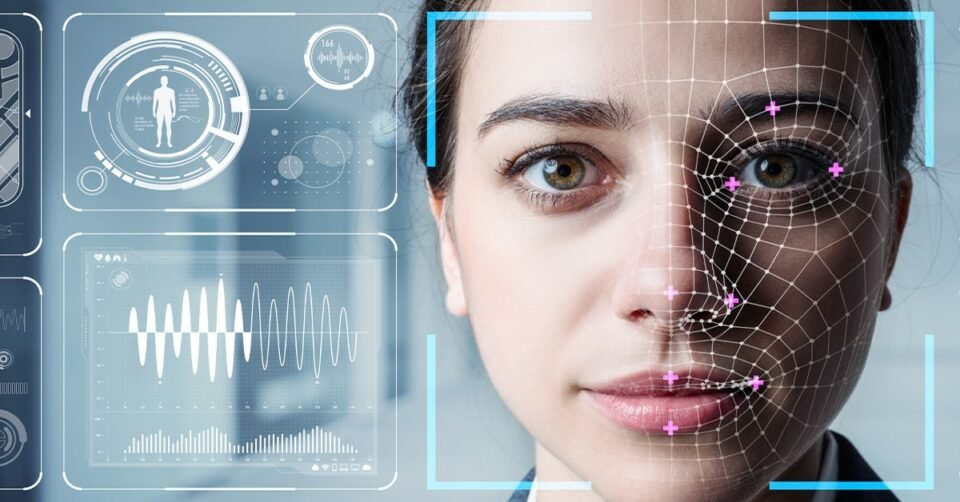Artificial intelligence (AI) is a technology that utilizes data to understand and improve human behavior. This includes listening carefully to voice, facial expressions, body language, and gestures in order to gauge someone’s emotional state so as to respond accordingly.
AI is becoming increasingly prevalent in technology, including emotion recognition. This field of “affective computing” or “emotion AI” utilizes passive sensors like camera image capture to detect human emotions, as well as recognize subtle micro-expressions on people’s faces which a person might not be able to detect themselves.
Emotion AI is being utilized by many industries to better comprehend customer behavior and enhance the customer experience. This could include selecting the ideal agent for a particular client, providing real-time feedback to agents, as well as recognizing customers who could potentially cut ties with the company.
Emotion AI is also being utilized in healthcare to diagnose stress, anxiety and depression. Companies are using the technology to monitor patients’ heart rates, breathing patterns and moods.
Technology has also been employed in the automotive industry to enhance safety and comfort. It can monitor a driver’s emotional state and adjust settings accordingly. Furthermore, it communicates with passengers to remind them when to take breaks.
Emotional AI can also be employed in call centers to offer coaching to agents on how to handle certain scenarios. It gives them conversational tips to hone their communication skills and conflict resolution advice that helps them better connect with their clients.
Additionally, some companies are utilizing emotional AI in their advertising campaigns. This enables them to target specific ads at the right audience and thus boost the efficiency of their marketing initiatives.
These technologies hold great promise for both humans and machines alike, but they must also be carefully assessed in terms of social, cultural, legal, and ethical concerns.
One of the most promising applications of emotional AI is in medicine, where it can be used to anticipate patients’ conditions and offer assistance. For instance, wearable device can monitor heart rate and releases a scent to relieve tension and stress.


